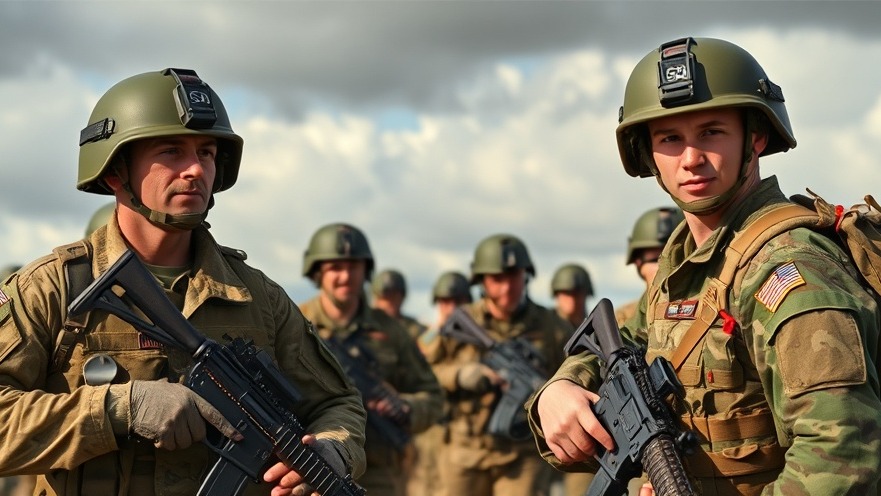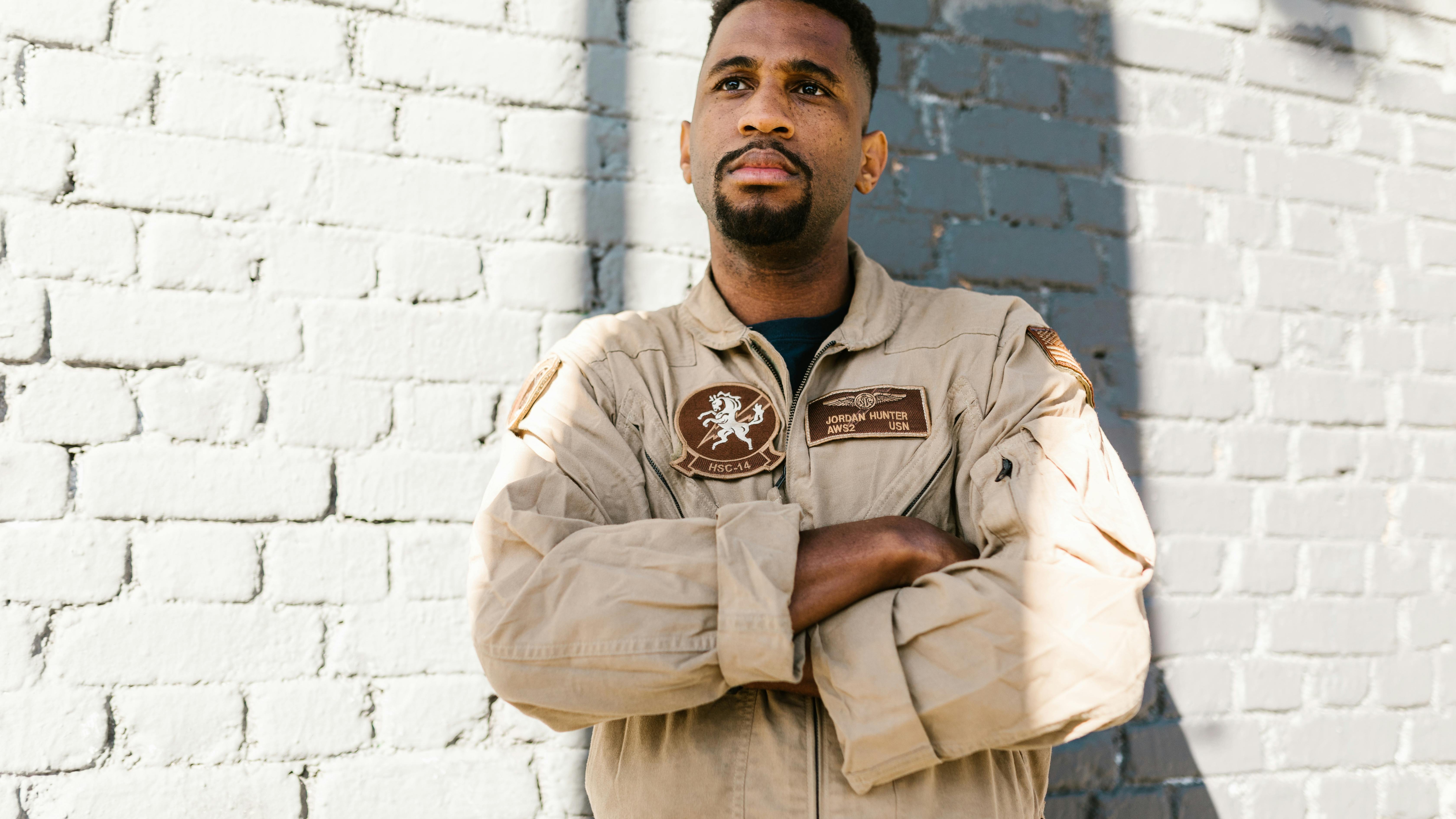
The Evolving Military Landscape: Insights from Corie Weathers
In the recent episode of the podcast featuring Corie Weathers, a licensed professional counselor and author, listeners are presented with a compelling discussion about the significant cultural shift within the military over the last 20 years. Given the evolving nature of military service, leadership, and family dynamics, Weathers' insights highlight the unique challenges faced by service members and their families today.
Understanding the Impact of the Global War on Terror
One of the most profound influences on military culture has been the Global War on Terror, which has shaped an entire generation of leaders. Weathers emphasizes the psychological toll this has taken—ranging from combat stress to the unseen burdens of leadership. Service members entering the military today carry with them the collective experiences of their predecessors, and as understood in a recent scoping review of military culture and mental health, these experiences significantly affect their identity and well-being.
Generational Shifts in Military Culture: The Rise of Gen Z
A noteworthy discussion point in the episode revolves around Gen Z, whose approach to work and life differs dramatically from previous generations. Their emphasis on mental wellness, self-care, and a balanced life demands a reevaluation of traditional military practices. Understanding these generational shifts is pivotal for fostering an inclusive environment that values both resilience and vulnerability among service members.
The Importance of Family Dynamics in Military Service
Weathers sheds light on the evolving role of military spouses and family networks. The increase in dual-income households and the need for comprehensive support structures highlight a shift towards a more integrated family unit in military life. This aligns with findings from studies on military identity that suggest emotional and mental health outcomes significantly improve when service members feel supported by their families.
Healing Through Reflection: The Role of Mental Wellness
Highlighting the necessity of reflection, Weathers articulates that taking time to process experiences is essential for long-term well-being. The emphasis on mental wellness within military environments is crucial. As shown in research, fostering a culture that encourages self-care and mental health support is essential for effective leadership and the overall resilience of military teams.
Imparting Leadership Lessons: Preparing for the Future
The discussion also delves into how military leaders can guide their teams through these cultural changes effectively. Leaders are encouraged to equip themselves with skills that prioritize empathy, adaptability, and open communication to promote a psychologically safe environment. Recognizing that today's service members are not just wielders of weapons but also individuals navigating complex emotional landscapes is vital for future military success.
Empowering a New Generation of Military Leaders
From Weathers' insights, it’s evident that a clear understanding of the current military culture shift is imperative for those in leadership roles. As the military grapples with these transformations, the efforts to integrate positive mental health practices and to recognize the critical role of military families will be essential to ensuring the resilience of future service members. Just as military heroes have demonstrated extraordinary acts of valor, today’s leaders must rise to meet the evolving challenges with courage and compassion.
If you are finding it challenging to transition from military to civilian life or are interested in leadership insights that reflect the current military culture, consider accessing resources such as the Warrior Allegiance, which supports veterans through these transitions. Their commitment to helping service members navigate these complexities is invaluable in today’s ever-changing landscape.
 Add Row
Add Row  Add
Add 




Write A Comment